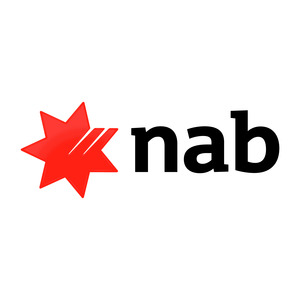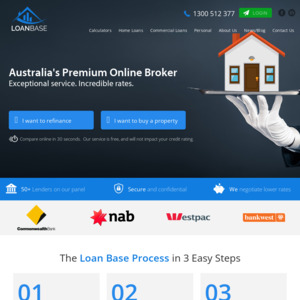NAB has just announced new rate cuts including a 1.98% 3 Year Fixed Owner Occupied product.
Please see current NAB rates below.
Owner Occupied P&I < 80% LVR
- 1 Year Fixed - 2.09% (4.16% CPR)
- 2 Year Fixed - 2.04% (3.99% CPR)
- 3 Year Fixed - 1.98% (3.83% CPR)
- 4 Year Fixed - 1.98% (3.69% CPR)
- 5 Year Fixed - 2.24% (3.66% CPR)
Investment P&I < 80% LVR
- 1 Year Fixed - 2.54% (4.73% CPR)
- 2 Year Fixed - 2.44% (4.54% CPR)
- 3 Year Fixed - 2.44% (4.37% CPR)
- 4 Year Fixed - 2.94% (4.38% CPR)
- 5 Year Fixed - 2.94% (4.28% CPR)
Investment IO < 80% LVR
- 1 Year Fixed - 2.69% (4.81% CPR)
- 2 Year Fixed - 2.59% (4.62% CPR)
- 3 Year Fixed - 2.59% (4.45% CPR)
- 4 Year Fixed - 3.09% (4.44% CPR)
- 5 Year Fixed - 3.09% (4.32% CPR)
Fees
- $0 upfront fees
- Ongoing fee of $395 per annum for the Breakfree package
- Includes credit card with annual fee waiver
NAB Cashback Conditions
- Requires $250k minimum lending
- $2,000 for refinances
- Must settle by 30th April
Variable Rates
As mentioned above, we can apply for variable pricing discretions. Please get in touch to discuss these as we cannot post them online.
Alternatives
Depending on your total utilised lending size and LVRs, we can offer a number of alternative lender options with lower fixed rates and lender cashbacks as high as $4,000 for a single property (potentially higher cashbacks if you refinance/purchase additional properties). Please reach out to discuss your options.
Comparison Rates
Any quoted comparison rate is only true for the example given and may not include all fees and charges. Different terms, loan amounts or fees may result in a different comparison rate. Comparison rates are based on a loan amount of $150,000 over a loan term of 25 years.
As a broker, we can also apply for variable pricing discretions - for both variable loans and the variable revert rate on fixed loans.
HOW TO APPLY
Our team is here to help, and will work to ensure we obtain the best pricing discretions possible for any variable rates (including the revert rate from the fixed product). You can lodge an enquiry via our platform here - https://loanbase.com.au/compare-home-loans-fva, or contact one of our brokers directly with their details below:
Andrew Loucas, Email: andrew@loanbase.com.au, Calendar link: https://calendly.com/loanbase-andrew/quickchat
Leo Gonzales, Email: leo@loanbase.com.au, Calendar link: https://calendly.com/loanbase-leo/initial
Loan Base Pty Ltd (ABN 95 162 141 915) · Australian Credit Licence Number 508 308
Head Office: Level 1, 1-5 Link Road, Zetland, NSW, 2017. Phone: 1300 512 377.



I'm not sure why you'd wanna fix your interest rate when interest rates are going down.